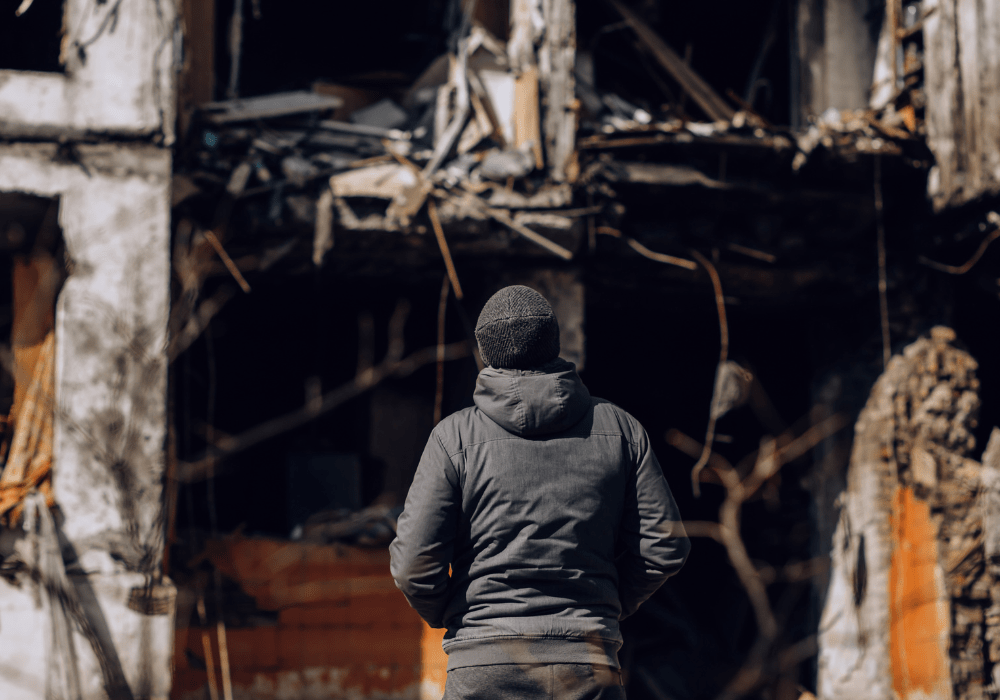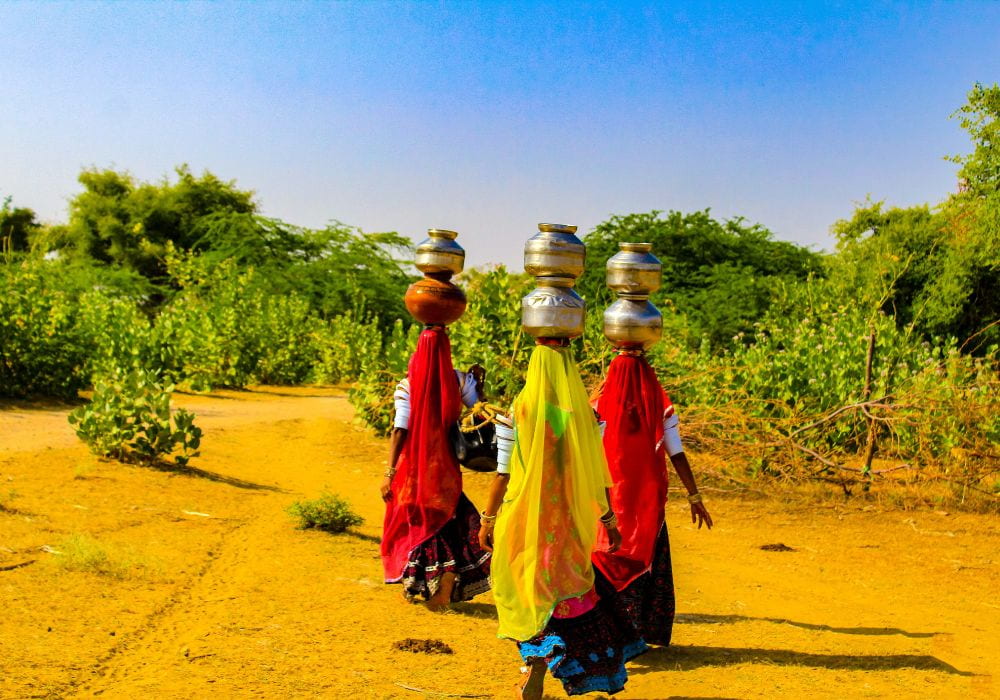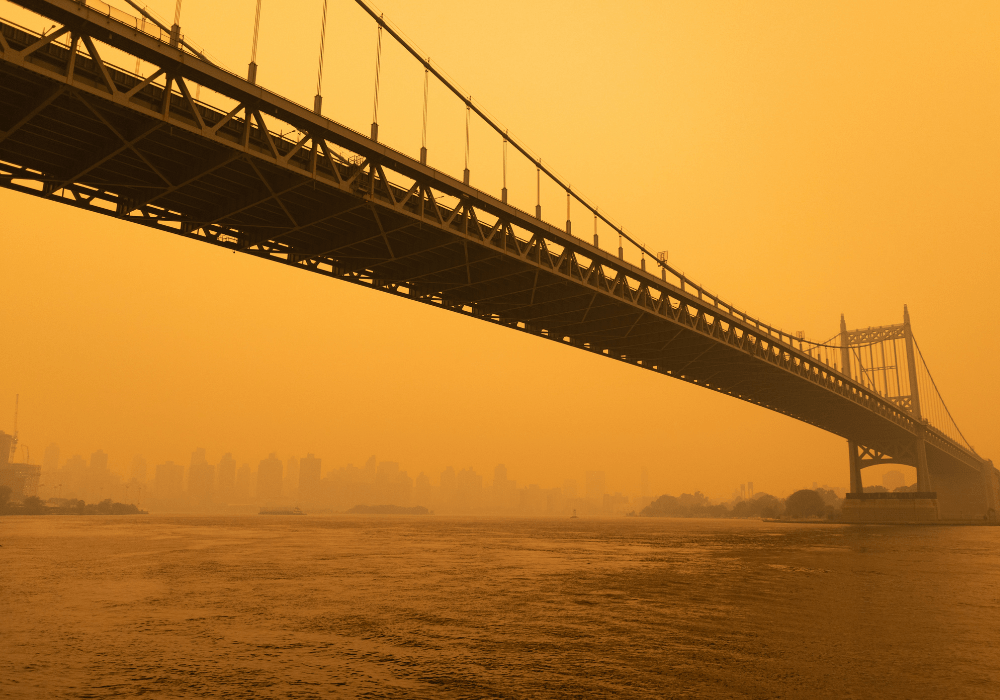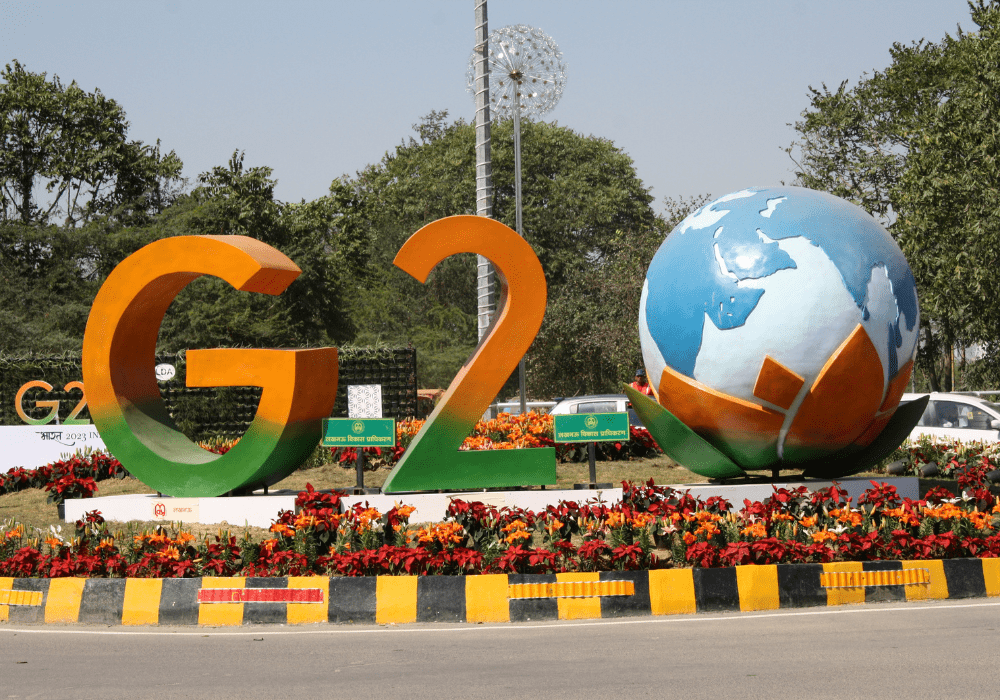
The first cases of Monkeypox were identified in early May 2022, leaving European health officials in the midst of an additional health crisis. Health officials were unaware of the impacts of the virus at the time, particularly its mode of transmission. Genetic analysis suggests that although the virus was first detected in 2022, it has been circulating in our environment for many years.
Continue reading “Origin of Monkeypox : How It Differs From Other Viruses”








